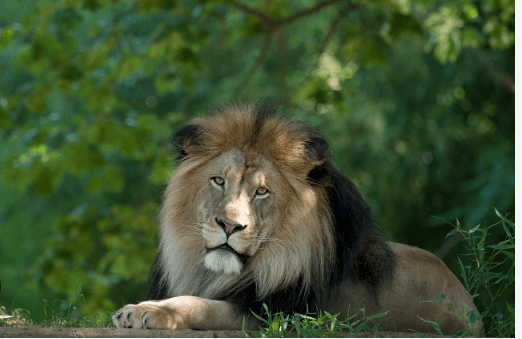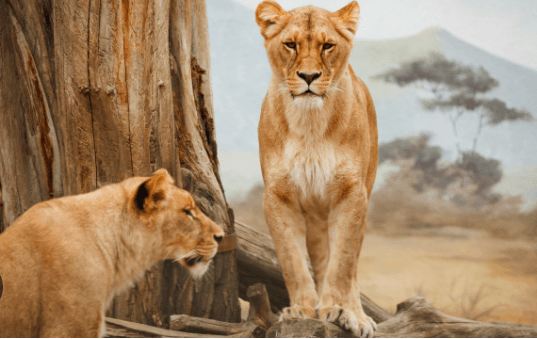The early life of Baby:-Eogo5ws30y= Lion, or cubs, is a fascinating interplay of nurturing and instinctive behaviors that are crucial for their survival in the wild. Born into a world filled with both opportunities and threats, these cubs rely on their mothers for sustenance and protection while engaging in playful interactions that are vital for their social development. However, as they navigate the complexities of their environment, they must also confront significant challenges that could jeopardize their future. An exploration of these dynamics reveals deeper implications for conservation efforts and the ecosystem at large. What might these challenges reveal about the delicate balance of nature?
Early Life of Baby:-Eogo5ws30y= Lion
In the heart of the African savanna, Baby:-Eogo5ws30y= Lion, known as cubs, take their first tentative steps into a world teeming with life and challenges.
Their early days are marked by nurturing instincts and maternal care, as lionesses fiercely protect and tend to their young.
Read More Baby:755ofroani4= Dolphins
This strong bond ensures the cubs receive essential nourishment and guidance, laying the foundation for their future survival in the wild.
Playful Behavior and Socialization
As the cubs grow stronger under the protective watch of their mothers, their playful behavior emerges as a vital aspect of their development.
Engaging in social play, they explore their environment, honing essential skills. This interaction fosters sibling bonding, allowing them to develop social hierarchies and learn cooperative behaviors.
Such playfulness is crucial for their future interactions within the pride, promoting harmony and connection.

Survival Challenges in the Wild
Survival challenges in the wild are numerous and daunting for Baby:-Eogo5ws30y= Lion, as they face a variety of threats from both the environment and other predators.
Developing effective hunting techniques is crucial, yet often hindered by their inexperience. Additionally, predator interactions can be perilous; adult lions and other species may pose significant risks, demanding acute awareness and adaptability to navigate this harsh reality.
Importance of Cubs in Ecosystems
Cubs play a pivotal role in maintaining the balance of ecosystems, acting as both contributors to and indicators of ecological health.
Read More Baby:-Cn7jjvjx08= Gorilla
Their growth and survival are influenced by cub predation dynamics, which regulate prey populations and promote biodiversity.
Furthermore, the presence of healthy cub populations signifies successful habitat conservation efforts, ensuring that ecosystems thrive and remain resilient against environmental changes.
Conclusion
In conclusion, the early life of Baby:-Eogo5ws30y= Lion is characterized by nurturing care, playful exploration, and essential socialization. These cubs face formidable survival challenges, yet their presence plays a critical role in maintaining ecological balance. Through learning, growth, and interaction, cubs not only develop vital skills but also contribute to the strength and stability of the pride. Ultimately, the conservation of these magnificent creatures is paramount, ensuring the continuation of their legacy in the African savanna.

